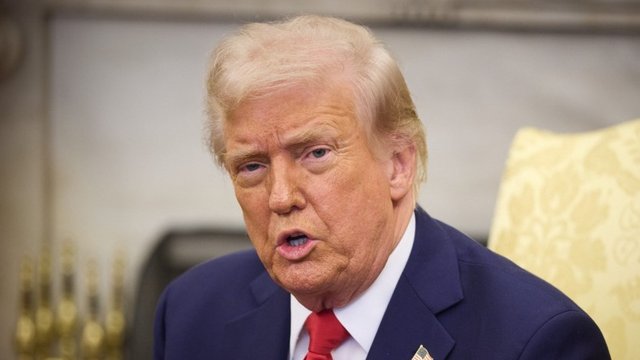
In a controversial move, the Trump administration is reportedly planning significant reductions to the Justice Department’s Public Integrity Section, the unit responsible for handling cases of public corruption. According to sources familiar with the matter, the majority of the unit’s attorneys are expected to be reassigned to other divisions or face potential layoffs.
This decision comes on the heels of internal disputes within the department. Several supervisors in the Public Integrity Section recently opposed a directive to dismiss corruption charges against New York City Mayor Eric Adams. Their resistance has been linked to the proposed restructuring, which would see most of the unit’s 20 lawyers transferred to areas such as drug enforcement, violent crimes, or immigration. Only a handful would remain to oversee public corruption and election-related cases, shifting the unit’s role from active prosecution to a more consultative capacity.
Critics argue that this move undermines essential checks and balances within the government. Representative Dan Goldman expressed concern, stating that the plan appears to be part of a broader effort to eliminate mechanisms of accountability. He emphasized that weakening the Public Integrity Section could embolden corrupt officials and erode public trust in governmental institutions.
Established in the aftermath of the Watergate scandal in 1976, the Public Integrity Section has played a pivotal role in prosecuting federal public corruption and election crimes. Its potential downsizing raises alarms about the future of anti-corruption efforts at the federal level. The unit has been without formal leadership since several supervisors resigned following the contentious dismissal of the Adams case.
This development is part of a series of actions by the Trump administration that critics say weaken regulatory and integrity measures. For instance, Attorney General Pam Bondi recently announced a six-month suspension of enforcement actions under the Foreign Corrupt Practices Act (FCPA), a law that prohibits U.S. businesses from bribing foreign officials. Bondi also disbanded key anti-kleptocracy units targeting corrupt foreign officials, including Russian oligarchs, and dissolved the FBI’s foreign influence taskforce. Experts warn that these changes could benefit kleptocrats and impede global anti-corruption efforts.
The cumulative effect of these policy shifts has led some to draw parallels between the current administration’s actions and those characteristic of a mafia state. Observers point to intimidation tactics against federal judges and critics, as well as the undermining of anti-corruption initiatives, as indicators of a deepening disregard for democratic principles.
As the administration continues to implement these changes, concerns grow about the long-term implications for governmental transparency and the rule of law in the United States.







